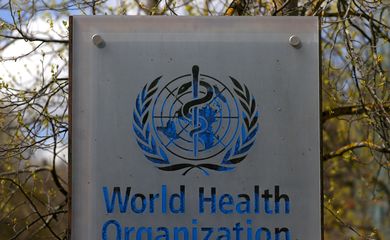Ômicron represents "very high" global risk, says WHO


The Ômicron variant of the coronavirus, already detected in more than 60 countries, represents a "very high" global risk, with evidence that it is outside vaccine protection, but clinical data on its severity remain limited, said the World Health Organization (WHO). ).

Ômicron is surrounded by considerable uncertainties. First detected last month in South Africa and Hong Kong, it has mutations that could lead to greater transmissibility and more cases of covid-19, the WHO reported in a technical summary released on Sunday (12).
"The overall risk related to the new Ômicron strain strain remains very high for a number of reasons," it said, reiterating its initial Nov. 29 assessment of the strain.
"And secondly, preliminary evidence suggests potential humoral immunological escape against infections and high rates of transmission, which could lead to new outbreaks with serious consequences," the organization added, referring to the virus' potential ability to escape the virus. immunity provided by antibodies.
WHO cited some preliminary evidence that the number of people being reinfected with the virus has increased in South Africa.
Although preliminary findings in South Africa suggest that Ômicron may be less severe than the Delta variant - currently dominant worldwide - and all reported cases in the Europe region have been mild or asymptomatic, it is not yet clear to what extent Ômicron may be inherently less virulent, said the WHO.
"More data are needed to understand the severity profile. Even though the severity is potentially less than for the Delta variant, hospitalizations are expected to increase as a result of increased transmission. More hospitalizations could pose a burden on healthcare systems and lead to more deaths."
More information about the new variant is expected in the coming weeks, the WHO said.
Text translated using artificial intelligence.



